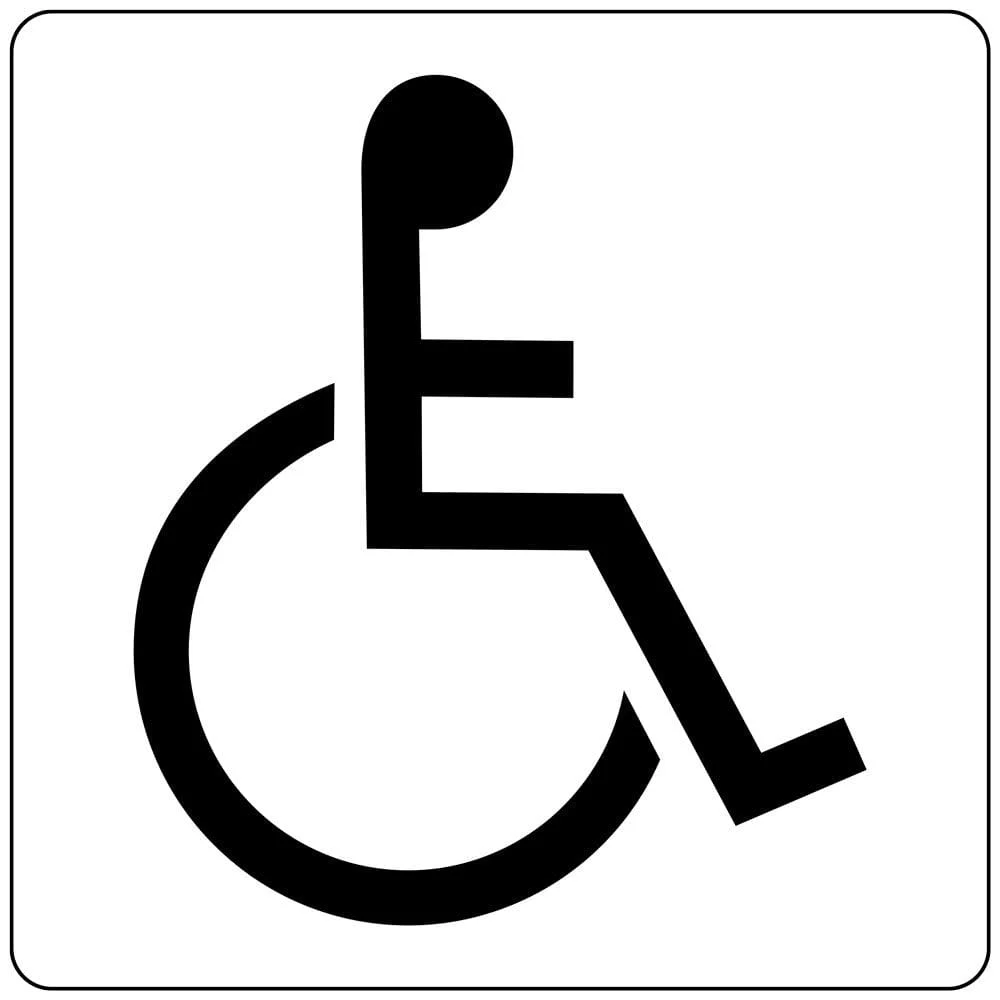
Our genetics play a large part in what diseases and disorders we end up with. Can they influence our chances of hearing loss as well?
When we think of hereditary hearing loss, we usually think of children born deaf. Many cases of congenital hearing loss are caused by genetics, though some are caused by birth defects and illness. However, our genes don’t stop affecting us in the womb. They help determine our features, height, and susceptibility to certain illnesses and disorders. They can affect us well into old-age, and many people have a genetic predisposition to hearing loss.
So, what is hereditary hearing loss, how common is it, and how do you avoid the effects of inherited hearing loss as you grow older?
How Common is Hereditary Hearing Loss?
Between one and three infants out of every thousand are born with some kind of hearing disorder, more than half of which are regarded as due to a hereditary condition. Furthermore, some hereditary hearing disorders become noticeable only in adulthood and, like hearing loss in infants and children, can be made worse by additional environmental and lifestyle factors.
Large amounts of noise exposure can lead people to develop hearing loss earlier in life, with some people experiencing symptoms in their thirties and forties. While noise exposure plays an important part in age-related hearing loss, we cannot ignore the effects that genetics have on this condition.
Likewise, some people are less likely to develop hearing loss but develop it anyway due to a loud lifestyle. Construction workers, soldiers, musicians, and other workers in loud environments are more likely to develop hearing loss as they age. Even living in a crowded city, and listening to loud music can lead to noise exposure and sensorineural hearing loss over time.
The Causes of Inherited Hearing Loss
Inherited hearing loss comes in two forms: syndromal and non-syndromal. Most non-syndromal cases can be traced back to certain genes and family lineages, while syndromal hearing loss is usually caused by a combination of illnesses and other genetic conditions.
Certain genetic conditions like Usher’s syndrome, Pendred Syndrome, and Otosclerosis are the most common genetic conditions that lead to syndromal hearing loss. Geneticists are still identifying genes that play a part in hearing loss, so there’s not a lot of concrete information on this topic yet. Nevertheless, it seems safe to assume that most cases of hearing loss are acquired during the course of an adult’s life.
Acquired hearing loss is usually caused by non-genetic factors and illnesses like head trauma, noise exposure, infections, and ototoxic medications. In most cases of age-related acquired hearing loss, noise exposure and other conditions like diabetes play the largest role.
It’s important to remember that while genetics play a large part in some cases of hearing loss, environmental factors and noise exposure have more impact overall. Once you are born, your genetics are written and are unchangeable. For that reason, it’s important to focus on prevention and treatment. If you still have your hearing, take measures to protect it, and advise your children to do the same.
Are You at Risk of Genetic Hearing Loss?
Unless you get genetically tested, there’s no real way to know for sure. If hearing loss is genetic, it can be difficult to determine exactly what genes are causing your hearing loss. If you’ve lived a life with excessive noise exposure, taken certain medications, and have conditions like diabetes or Meniere’s disease, those factors play a larger part in your hearing loss than your family history. While many genetic conditions can put you at risk of hearing loss, not all of them lead to hearing problems.
If your family has a history of hearing loss, the chances are high that genetics are at play. However, there’s no way to prevent yourself from inheriting hearing loss. You can only do your part to protect your hearing and prevent noise exposure. Genetic sensorineural hearing loss is usually sped up and caused by noise exposure and lifestyle choices.
The Realities of Age-Related Hearing Loss
As mentioned above, everyone is at risk of experiencing age-related hearing loss, some are just genetically prone to it. However, being at-risk for a condition doesn’t mean you’re going to get it. If you take action at a young age and make efforts to protect your hearing, you’ll be less likely to develop age-related hearing loss as you grow older. If you do develop sensorineural hearing loss later in life, the effects will be less severe. Many seniors have mild forms of hearing loss that are entirely manageable.
You can protect your hearing by wearing earplugs in loud situations. These include concerts, car shows, and construction areas. You should avoid playing music too loudly and give your ears a rest after particularly loud days. Monitor your hearing closely, and get it checked regularly. If you do end up with hearing loss, catching the problem early on can prevent further damage and allow you to get the treatment you need.
As you grow older, the risks of acquiring age-related hearing loss will grow. Anyone can develop sensorineural hearing loss, regardless of their genes.
Click here to access the original article by Signia

